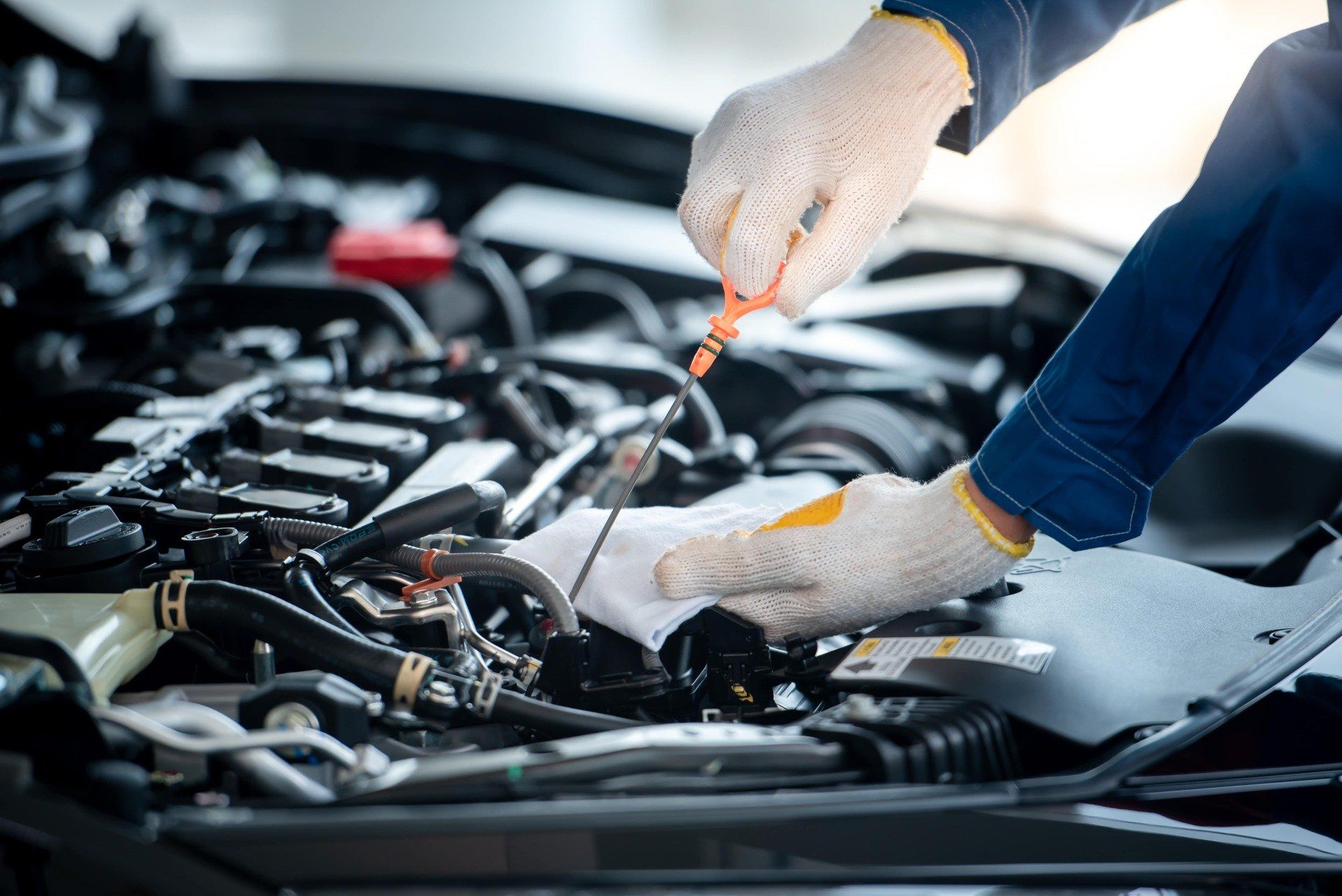All Categories
Featured

Your car's engine is the heart of your automobile, and maintaining it in leading condition is necessary for ideal performance and durability. Normal engine tune-ups are a wonderful means to preserve your cars and truck's wellness, improve gas efficiency, and prevent costly repair services down the roadway. Whether you're an automobile fanatic or somebody that simply wishes to keep their vehicle running smoothly, these engine tune-up suggestions will assist you get the most out of your automobile.
- Replace Glow Plugs. Ignition system play a vital function in starting your engine and making certain smooth combustion. Over time, spark plugs can become dirty or worn out, resulting in misfires, lowered fuel effectiveness, and harsh idling.
Throughout an engine tune-up, inspect and replace your spark plugs if required. Most cars require new ignition system every 30,000 to 100,000 miles, depending upon the kind. On a regular basis changing ignition system makes certain proper ignition and ideal engine performance.
- Examine and Clean the Air Filter. The air filter protects against dust, dust, and debris from entering your engine. A clogged up or unclean air filter limits air movement, triggering your engine to function harder and shed more gas.
Evaluate your air filter throughout a tune-up and replace it if it's dirty. In dusty environments or locations with heavy pollution, you might need to alter the air filter a lot more often. A tidy air filter can enhance fuel performance and expand the life of your engine.
- Check and Change Belts and Tubes. Belts and hoses are important for various engine features, such as powering the generator, water pump, and air conditioning system. In time, these components can fracture, battle royal, or wear, possibly resulting in malfunctions.
During a tune-up, check belts and hose pipes for signs of wear and replace them if needed. Changing these components proactively can conserve you from pricey repair services and stop unforeseen failures.
- Clean the Gas System. Your gas system, including the fuel injectors and fuel lines, can build up dirt and carbon down payments in time, lowering engine effectiveness. Cleaning up the fuel system throughout a tune-up assists enhance performance and gas economic climate.
You can make use of a fuel system cleaner or have a specialist mechanic execute a much more extensive cleaning. This step is specifically crucial for older lorries or vehicles that often drive in stop-and-go website traffic.
- Examine the Battery and Charging System. A healthy battery is crucial for beginning your engine and powering electrical parts. Throughout a tune-up, examine the battery terminals for deterioration and make certain the connections are tight.
Examine the battery's voltage and replace it if it reveals indications of weakness. Additionally, have the alternator and billing system tested to guarantee your battery remains charged throughout operation.
- Modification the Engine Oil and Oil Filter. Oil changes are a fundamental component of engine upkeep. Engine oil lubricates relocating parts, lowers friction, and aids regulate engine temperature level. Gradually, oil ends up being contaminated and loses its performance.
Throughout a tune-up, replace the engine oil and oil filter to keep your engine running efficiently. Follow your car's supplier recommendations for oil type and change periods.
- Inspect the Cooling System. The cooling system prevents your engine from overheating. In time, coolant can break down or come to be contaminated, reducing its effectiveness.
Check the coolant level and problem throughout a tune-up, and flush and replace it if needed. Examine the radiator, water pump, and pipes for leaks or damage. A well-kept air conditioning system helps your engine operate at the right temperature level and stops overheating.
- Test the Ignition System. A defective ignition system can cause beginning concerns and reduced engine efficiency. Throughout a tune-up, evaluate the ignition coils, distributor cap, and rotor (if relevant) Change any kind of components that show signs of wear or damage to make sure smooth and dependable engine operation.
- Listen for Uncommon Noises. Throughout a tune-up, take the possibility to pay attention for any type of uncommon engine sounds, such as knocking, ticking, or hissing. These audios can suggest underlying issues, such as valve issues, loosened parts, or exhaust leaks. Dealing with these issues early can avoid much more considerable damage.
- Usage Top Quality Parts and Fluids. When carrying out an engine tune-up, constantly utilize top quality parts and fluids that satisfy your vehicle manufacturer's requirements. Cheap or wrong parts can endanger your engine's performance and integrity.
Verdict: A Well-Tuned Engine is Secret to Durability. Normal engine tune-ups are vital for preserving your vehicle's efficiency, effectiveness, and integrity. By changing worn parts, cleaning up vital systems, and resolving prospective issues, you can keep your engine running efficiently for many years to find. Whether you're doing it yourself or counting on a relied on mechanic, purchasing tune-ups is a wise way to protect your automobile and enjoy a much safer, smoother trip.
Latest Posts
Floor Covering Professionals Who Treat You Like Household
Sell Your Lorry in Minutes with Ron Marhofer Hyundai
Discovering the Conveniences of WyHy Share Interest-bearing Account
